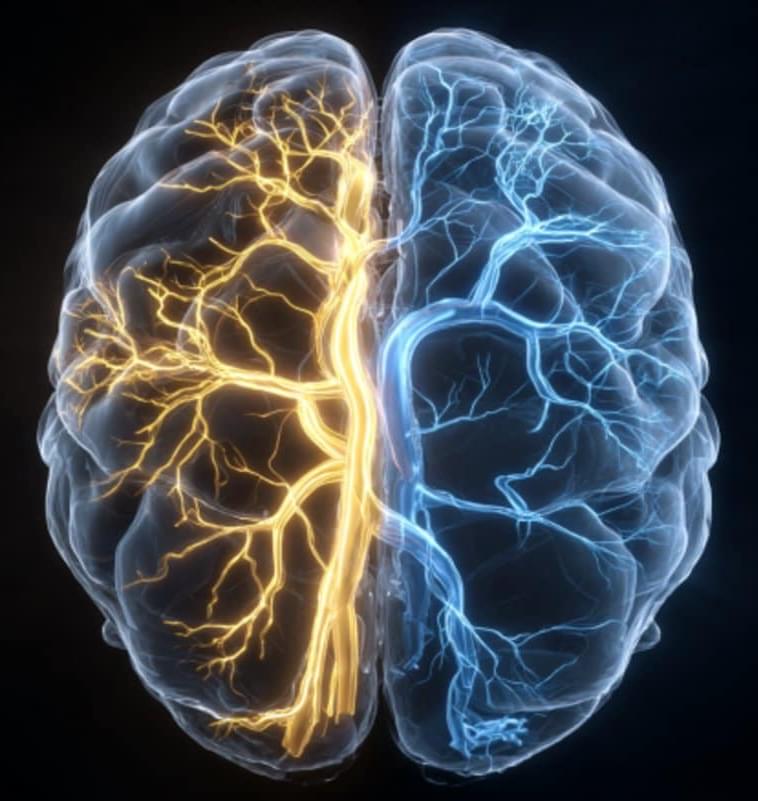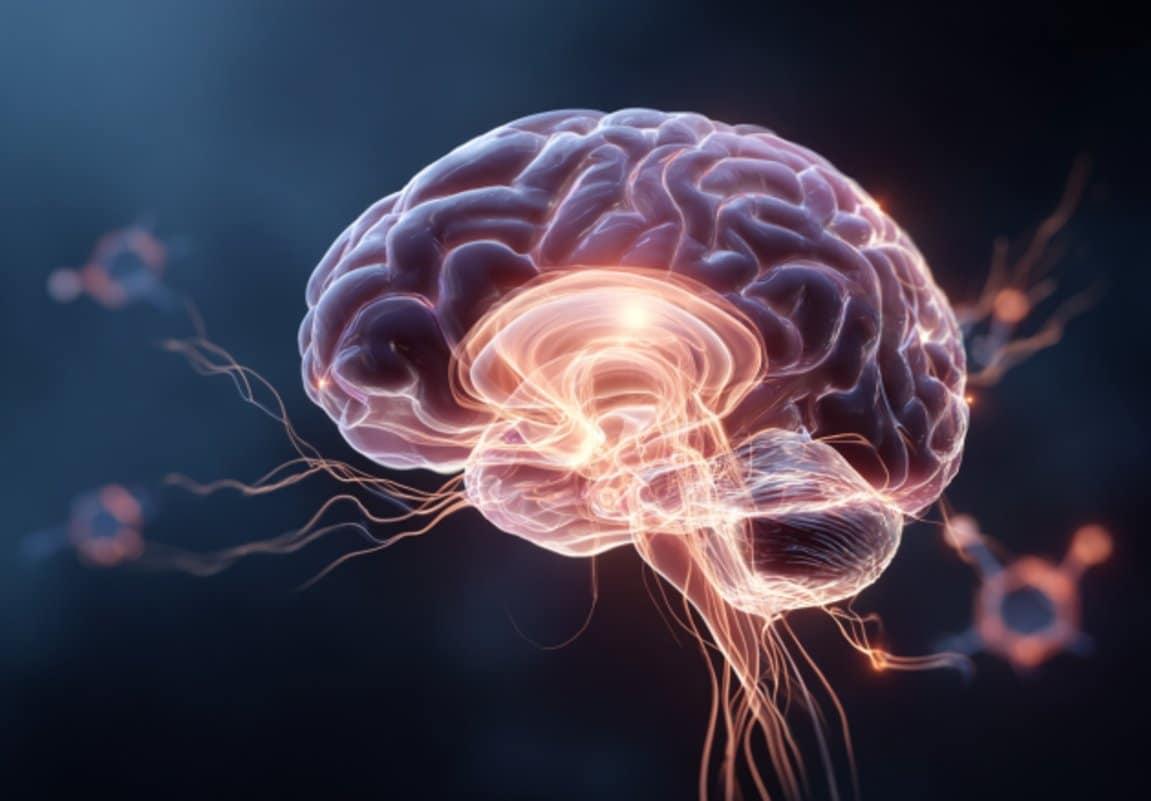Superagers retain sharp minds into their 80s and beyond, defying the idea that cognitive decline is inevitable as we age.
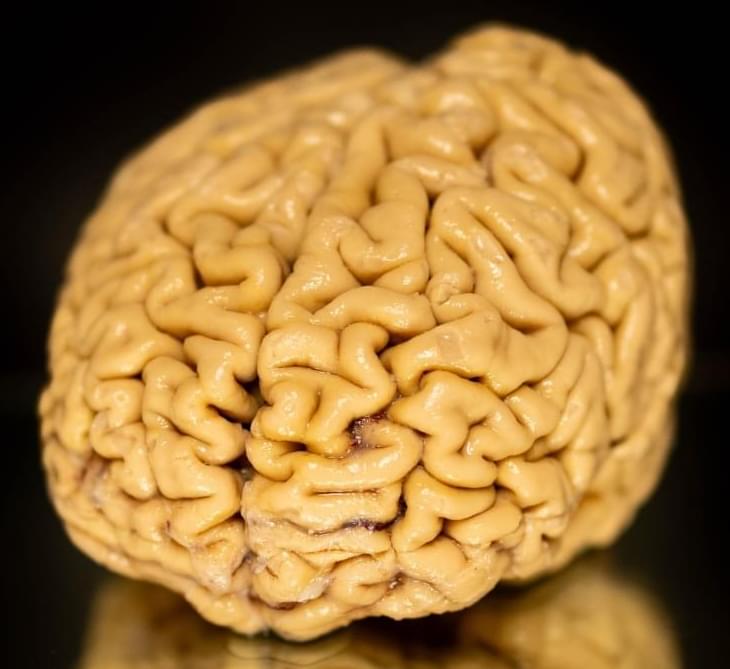

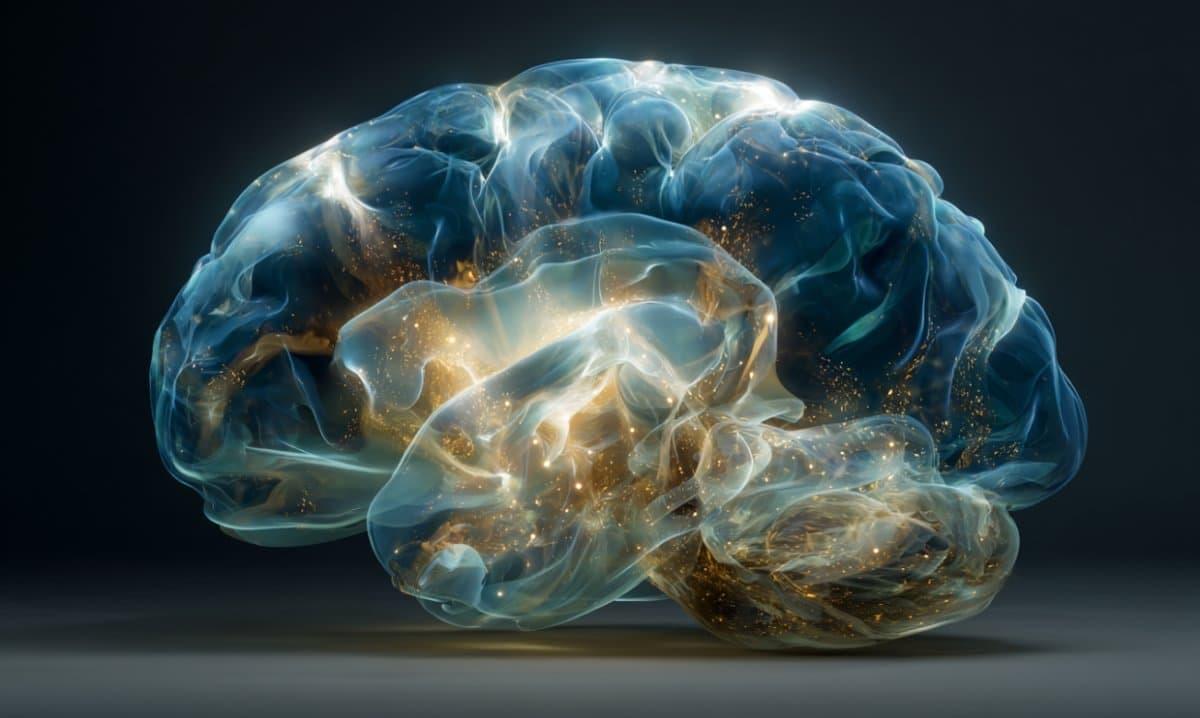
It sounds like science fiction, but the system could boost collaborative rehabilitation, where groups of people with brain or spinal cord injuries work together. By showing rather than telling Denapoli how to move her hand, she’s nearly doubled her hand strength since starting the trial.
“Crucially, this approach not only restores aspects of sensorimotor function,” wrote the team. It “also fosters interpersonal connection, allowing individuals with paralysis to re-experience agency, touch, and collaborative action through another person.”
We move without a second thought: pouring a hot cup of coffee while half awake, grabbing a basketball versus a tennis ball, or balancing a cup of ice cream instead of a delicate snow cone.

A new study by investigators from Mass General Brigham has used next-generation imaging technology to discover that when the brain is falling asleep, it shows a coordinated shift in activity.
The researchers found that during NREM (non-rapid eye movement) sleep, parts of the brain that handle movement and sensory input stay active and keep using energy, while areas involved in thinking, memory and daydreaming quiet down and use less energy. Their results are published in Nature Communications.
“This research helps explain how the brain stays responsive to the outside world even as awareness fades during sleep,” said corresponding author Jingyuan Chen, Ph.D., an assistant investigator at the Athinoula A. Martinos Center for Biomedical Imaging at Massachusetts General Hospital.
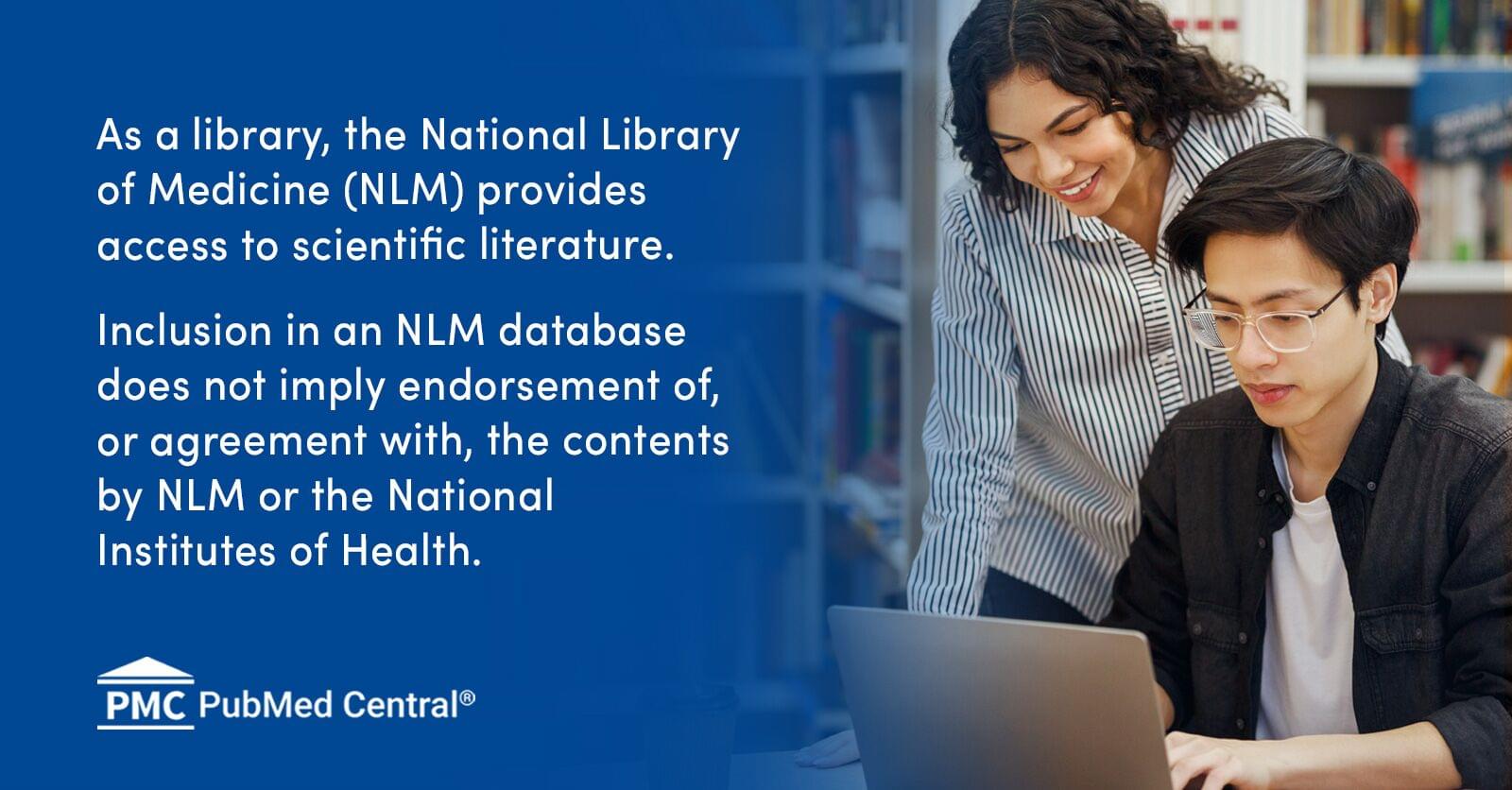
Writing is a complex phenomenon that requires diverse skills: perceiving the pen and paper, moving the writing instrument, and directing the movement through thought. Using a pen involves paying attention to motor aspects such as drawing letters legibly, controlling the pressure of the tip on the paper, following lines and spaces on the page, and coordinating thought, action, and vision. This multisensory integration underlies memory abilities. Moreover, handwriting involves a wide variety of supporting materials, including pens, pencils, or chalk on a blackboard, all of which offer different experiences and create new neural activations and skills.
Despite sharing similar central goals and processes, handwriting and typing differ significantly in terms of the tools used, spatiotemporal dimensions, motor programming, and fine motor development. Compared with handwriting, which requires more time and attention to learn, typing can be considered simpler and faster, as it enables the production of a more easily readable and homogeneous product in less time. However, focused attention and a longer processing time improve memory retention, and once automatic control of the graphic gesture is achieved, minimal cognitive effort is required. Moreover, the specific movements memorized when learning to write contribute to the visual recognition of graphic shapes and letters and secondarily also improve reading ability. Indeed, since the ability to recognize letters is widely recognized in the literature as the first phase of reading, improving it through writing may effectively influence how children read.
The comparison between handwriting and typing reveals important differences in their neural and cognitive impacts. Handwriting activates a broader network of brain regions involved in motor, sensory, and cognitive processing, contributing to deeper learning, enhanced memory retention, and more effective engagement with written material. Typing, while more efficient and automated, engages fewer neural circuits, resulting in more passive cognitive engagement. These findings suggest that despite the advantages of typing in terms of speed and convenience, handwriting remains an important tool for learning and memory retention, particularly in educational contexts.

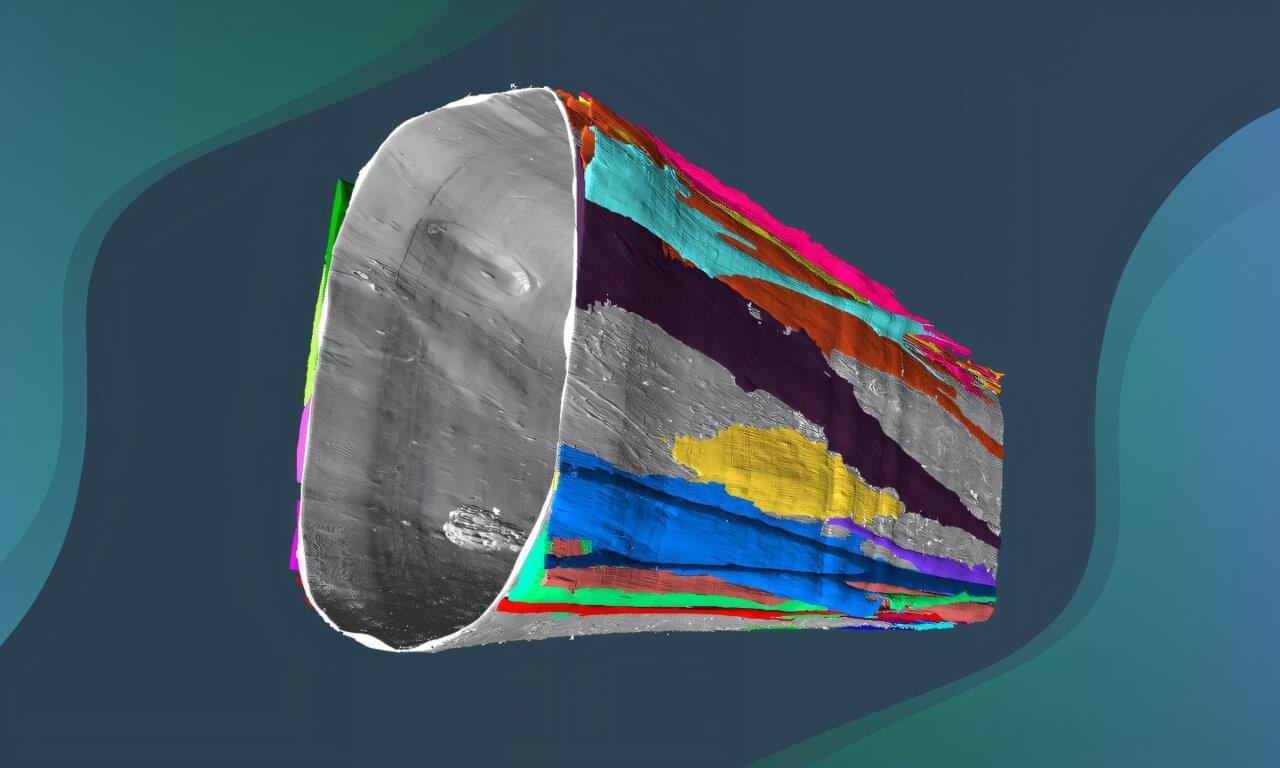
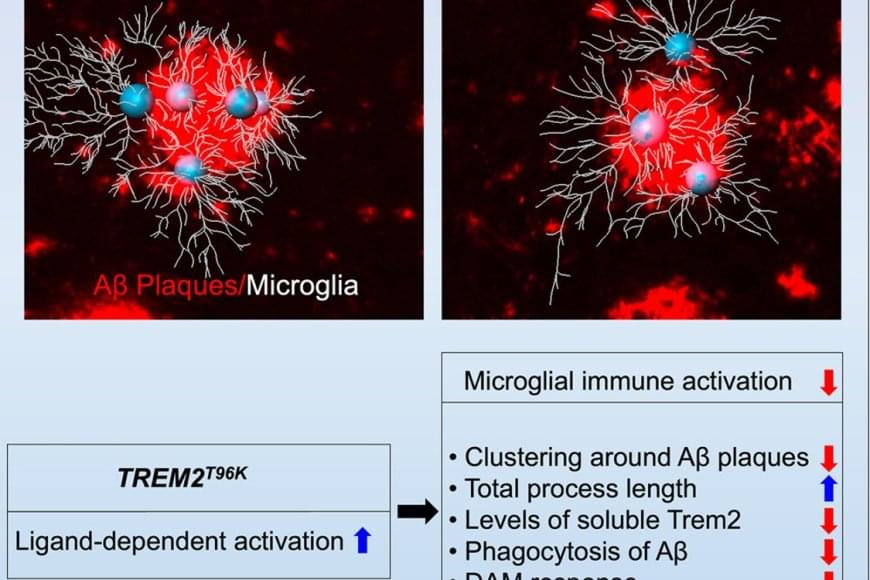
The team wanted to understand how immune cells of the brain, called microglia, contribute to Alzheimer’s disease (AD) pathology. It’s known that subtle changes, or mutations, in genes expressed in microglia are associated with an increased risk for developing late-onset AD.
The study focused on one such mutation in the microglial gene TREM2, an essential switch that activates microglia to clean up toxic amyloid plaques (abnormal protein deposits) that build up between nerve cells in the brain. This mutation, called T96K, is a “gain-of-function” mutation in TREM2, meaning it increases TREM2 activation and allows the gene to remain super active.
They explored how this mutation impacts microglial function to increase risk for AD. The authors generated a mutant mouse model carrying the mutation, which was bred with a mouse model of AD to have brain changes consistent with AD. They found that in female AD mice exclusively, the mutation strongly reduced the capability of microglia to respond to toxic amyloid plaques, making these cells less protective against brain aging.
